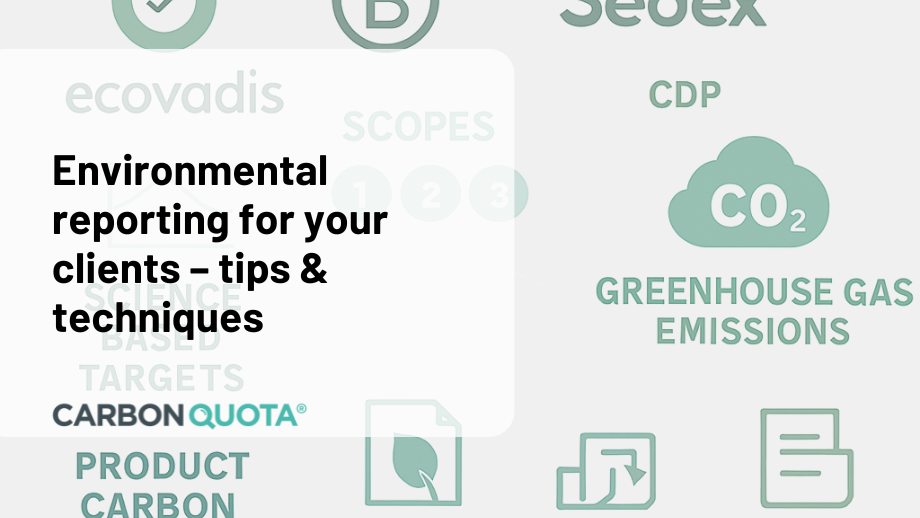The age of accountability has arrived
Sustainability is no longer a marketing story, it’s a data story. Across the UK, Europe, US and beyond, environmental claims are being scrutinised as never before. The Green Claims Code, enforced by the Competition and Markets Authority (CMA), now makes it illegal to use vague or misleading environmental terminology. Phrases like “eco-friendly,” “green,” or “sustainable” mean nothing unless supported by measurable, verifiable evidence.
For the print and packaging industry, this is a defining moment. Businesses that can prove their environmental impact will thrive. Those that can’t – or worse, exaggerate their performance – risk penalties, reputational damage, and the loss of customer trust.
The end of “trust us” sustainability
High-profile rulings have shown that no brand is immune. From McDonald’s and Coca-Cola to Innocent Drinks and Pringles, marketing claims have been publicly challenged when they failed to reflect measurable reality. Even well-intentioned exaggerations can now trigger consumer complaints or enforcement action.
In the print sector, similar risks exist. A printer advertising “carbon-neutral production” or “sustainable materials” must now be prepared to show the data behind the claim – including the carbon footprint of its materials, energy sources, transport, and disposal. Without that evidence, such claims are legally vulnerable.
Even well-intentioned exaggerations can now trigger consumer complaints or enforcement action
Why data is the only defence
The solution is transparency through quantifiable data. CarbonQuota’s automated carbon measurement platform integrates directly with your existing MIS or ERP systems, calculating the carbon footprint of each process, product, and job.
This enables you to:
- Provide audit-ready, product-level carbon data for every customer.
- Substantiate environmental marketing with hard evidence.
- Replace spend-based assumptions with precise, activity-based calculations.
- Build trust by sharing verified results that withstand scrutiny.
This level of transparency transforms sustainability from a marketing exercise into a core business capability, one that builds credibility with customers, regulators, and investors alike.
Turning compliance into competitive advantage
While regulation is the catalyst, the opportunity is far greater. Customers increasingly want suppliers who can back up their sustainability credentials with evidence. For many large brands, verified carbon data has become a condition of doing business.
By embedding automated carbon measurement within your workflows, you don’t just comply, you differentiate. You demonstrate that your sustainability claims are accurate, traceable, and measurable. This is how forward-thinking print businesses are securing new contracts and strengthening customer loyalty in an age of environmental accountability.
Building a culture of evidence
True sustainability isn’t a communications function; it’s an operational discipline. When carbon data is integrated into decision-making, from estimating and production to procurement and logistics, it changes how the business operates. Decisions become evidence-based, trade-offs become visible, and progress becomes measurable.
This shift builds resilience and long-term trust. Customers don’t just want reassurance; they want proof. The more precisely you can demonstrate your carbon performance, the stronger your credibility – and the greater your competitive strength.
Greenwashing isn’t just a reputational risk, it’s a commercial one
Proof, not promises
Greenwashing isn’t just a reputational risk, it’s a commercial one. The industry is moving rapidly toward evidence-based sustainability, where only verified data will count. With CarbonQuota’s technology and expertise, printers can achieve that proof simply, seamlessly, and at scale.
Contact the CarbonQuota team to discover how we can help your business mitigate greenwashing risk, support compliance with the Green Claims Code, and build lasting customer trust through data-backed sustainability.



